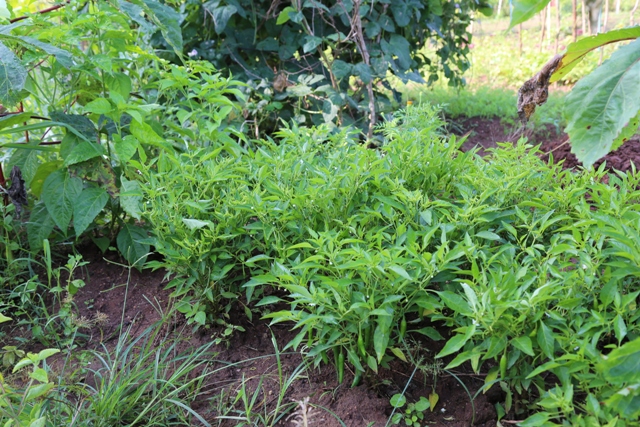
It is a method of organic farming originally developed by Rudolf Steiner that employs what proponents describe as “a holistic understanding of agricultural processes”. One of the first sustainable agriculture movements it treats soil fertility, plant growth, and livestock care as ecologically interrelated tasks, emphasizing spiritual and mystical perspectives. Proponents of biodynamic agriculture, including Steiner, have characterized it as “spiritual science” as part of the larger anthroposophy movement. Biodynamic has much in common with other organic approaches – it emphasizes the use of manures and composts and excludes the use of artificial chemicals on soil and plants. Methods unique to the biodynamic approach include its treatment of animals, crops, and soil as a single system; an emphasis from its beginnings on local production and distribution systems; its use of traditional and development of new local breeds and varieties; and the use of an astrological sowing and planting calendar. Biodynamic agriculture uses various herbal and mineral additives for compost additives and field sprays; these are sometimes prepared by controversial methods, such as burying ground quartz stuffed into the horn of a cow, which are said to harvest “cosmic forces in the soil”, that are more akin to sympathetic magic than agronomy.







